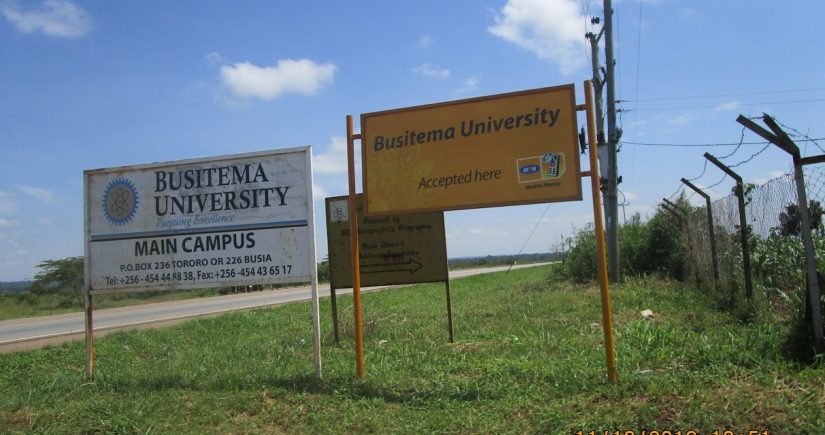Today CoST Uganda published its Second Assurance Report which shows an increase in disclosure rates up from its previous report by 29%. The report outlines that procuring entities subjected to the assurance process disclosed 62% of the CoST Infrastructure Data Standard which requires 40 data points (or items) to be published during key stages of the project cycle.
The report looked at projects overseen by the Ministry of Education and Sports, the Ministry of Works and Transport and Wakiso District Local Government. Eight projects were included in the process, including those from sectors including roads, buildings and bunkers for radioactive research. The total value of these projects was significant US$ 123 million. The report found high rates of proactive disclosure (disclosure made without official request) in accordance with the CoST IDS, with 74.4% of the data being disclosure proactively.
“Sampling public infrastructure projects for assurance is aimed at identifying good practice and issues of concern to engage stakeholders. But longer term, it is aimed at ensuring infrastructure projects are better planned and better delivered,” said Hon. Nathan Byanyima, Chair of the CoST– Uganda Multi stakeholder Group.
What were the key areas of concern?
Whilst the increase in disclosure in the Second Assurance Report is to be commended there are also a number of areas of concern which are raised in the report including:
- Capacity issues, including procuring entities being understaffed and limited capacity of project management and project staff
- Limited use and appreciation of disclosure platforms
- Delayed remittance of funds to those overseeing the works
- Cost and time overruns
- Limited stakeholder participation
- Lack of project technical evaluation and audits
- Lack of adequate safety and health measures on project sites and no stringent measures to enforce its provision.
What CoST Uganda recommends?
To address these issues the Second Assurance Report makes the following recommendations targeted towards the government to:
- Work with CoST to establish a strong Infrastructure disclosure portal to enhance access to project and contract information
- Adopt and implement stringent measures for non-compliant procuring entities on disclosure requirements
- Build the capacity of procurement officials and project managers in infrastructure project management
- Create awareness for procuring entity officials on the various procurement methods, processes and provide timely feedback on performance of bidders.
This was also stressed by Hon. Nathan Byanyima: “CoST Uganda recommends that government embrace CoST core features within its legal framework to ensure the longevity of infrastructure transparency and that the key findings of this Second Assurance Report are noted by procuring entities to further improve the sector.”
Next steps
CoST Uganda’s next assurance process is likely to start in January and will focus on projects with a wider scope in terms of reach, appeal and locality. It will also include several water sector projects.
Download the CoST Uganda Second Assurance Report.
Download an infographic drawing out the key messages from the Second Assurance Report.
